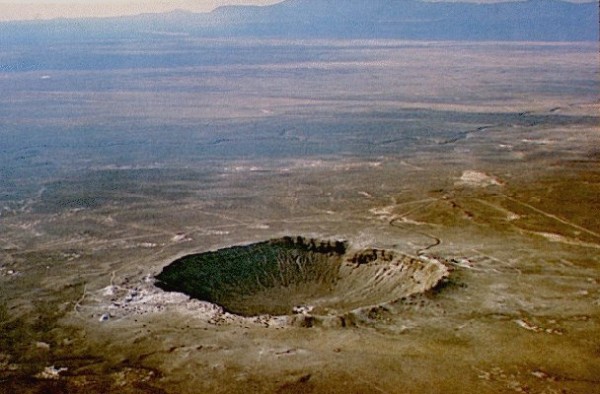California Tax Revenue Below Projections –Again


In what has become a depressingly normal occurrence in California, the state makes rosy estimations of projected California tax revenue in order to get a balanced budget passed, only to discover a few months later that revenue is less than expected.
They just did it again, and the numbers are dire. State Controller John Chiang says July revenues were 10% lower than projections, with retail and sales tax down a whopping 33.5%. The total shortfall for July was $475 million. The Controller added “it is too soon to attribute lower-than-expected sales taxes in the month to slower private consumption” but it’s difficult to see how it could be otherwise.
A major projected source of revenue, hundreds of millions from the Facebook IPO, has proved to be a phantom. Instead of soaring in value, Facebook stock is now worth about half of the IPO price. California had rosily assumed upwards of $1.9 billion in coming revenue from Facebook stock sales. But those numbers were assuming a Facebook stock price of $35-42 by November. Instead the stock is mired near 20 and insiders are now able to start selling their stock, which may further depress the price .
The nonpartisan Legislative Analyst's Office said Wednesday that "if the company's stock price remains depressed, hundreds of millions of income tax dollars assumed in the 2012-13 state budget plan are at risk."
Making matters even worse, the budget deficit is accelerating.
Even more ominously, the state’s $9.6 billion cash deficit that was rolled over from the June 30th fiscal year has catapulted to $18 billion last month.
The state has avoided default by borrowing from special funds. But sooner or later, that money needs to be paid back. California is now trying to sell $10 billion in bonds to pay back the special funds. But this is like paying off one credit card by using another one. The underlying problem isn’t solved. Instead, it’s probably made worse by having to pay higher interest rates. California will almost certainly pay more in bond interest than they have in interest on the loans from special funds because of their low credit rating.
The current state budget is predicated on Gov. Jerry Brown’s $8.5 billion tax initiative passing in November. If that ballot proposition fails, then any past California budget crises will seem like a walk in the park by contrast. The State of California needs to stop making revenue estimates based on events where the outcome is unknown, like the Facebook IPO and the November tax initiative, and instead get real about solving the growing deficit.


